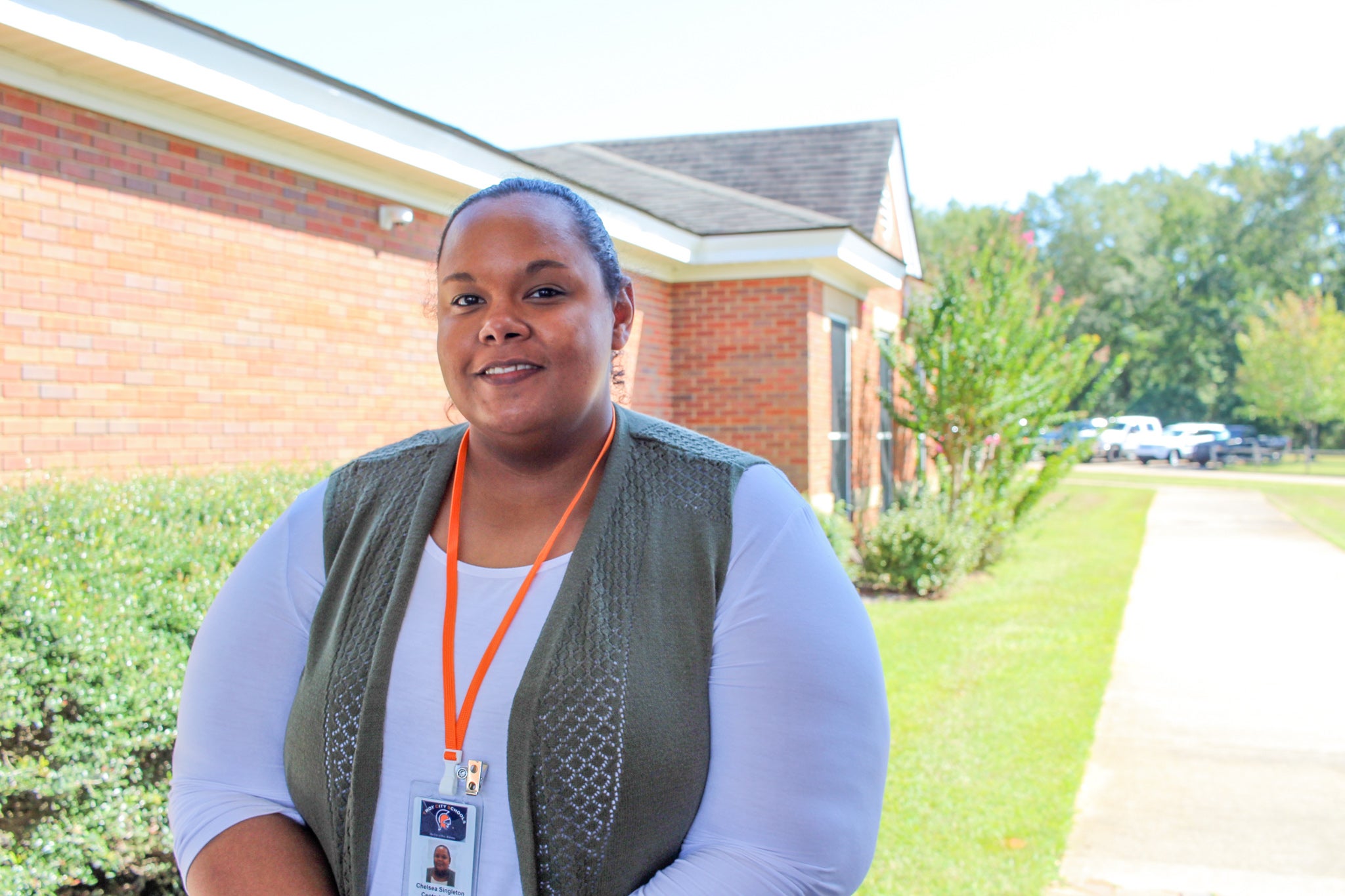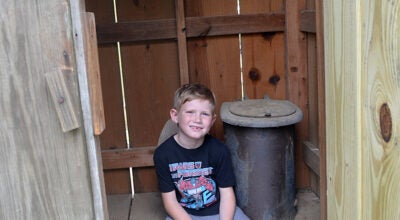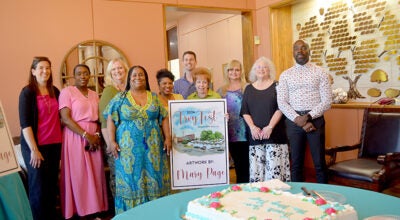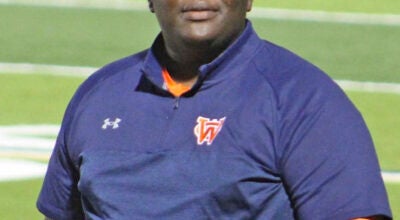CHHS grad returns to lead new mental health program at Troy City Schools
Published 5:36 pm Monday, October 5, 2020
|
Getting your Trinity Audio player ready...
|
Chelsea Singleton has a passion for the Trojan community.
So when the opportunity arose to come back home and share her expertise with the students, teachers and parents in the Troy City Schools, Singleton didn’t hesitate.
“I really have a heart for this community,” she said.
Singleton began working Oct. 1 as a mental health coordinator for the Troy City Schools system.
The position is new to the system. “We were able to secure a grant through the state of Alabama department of education to hire a mental health services provider for our system,” said Cynthia Thomas, superintendent.
“As we know, you cannot education a kid if you have other underlying issues going on, social or emotional,” Thomas said. “This grant will allows us to develop and sustain prevention and intervention programs.”
Thomas said Singleton will be a “first point of contact” for students in the system facing mental or emotional health issues. “In some cases she will provide counseling and she’ll also be utilizing other community resources,” Thomas said.
Singleton, a 2013 graduate of Charles Henderson High School and a graduate of Troy University, holds a master’s degree in social work. In her new role at Troy City Schools, Singleton will work with students on all three campuses to address needs and offer help.
“I’ve done work in situations with domestic violence, sexual assault, alcohol and drug addiction … and as you know all three heavily impact children under 18,” Singleton said.
As an off-staff mental health resource, Singleton will provide early intervention services; mental health and emotional counseling; and resources for students and staff members.
“I’m looking forward to being able to re-education students and staff on how to deal with life,” she said. “Sometimes you don’t get taught that by anybody, and it creates situations you have to deal with down the road.”
Singleton said one of her first projects is the creation of peer helper teams. “We’ll have about 10 or 12 students at each school who are trained to be able to handle situations that may arise,” she said. “For example, if they see somebody in the hallway crying, they can be a point of contact to help that student.”
Singleton said the program will teach age-appropriate intervention strategies, but will also provide another system of support for young people. “I wish we had something like this when I was in school,” she said.
The grant provides $40,000 a year for the local program, and Thomas said she expects the district to apply again next year for the funding.






